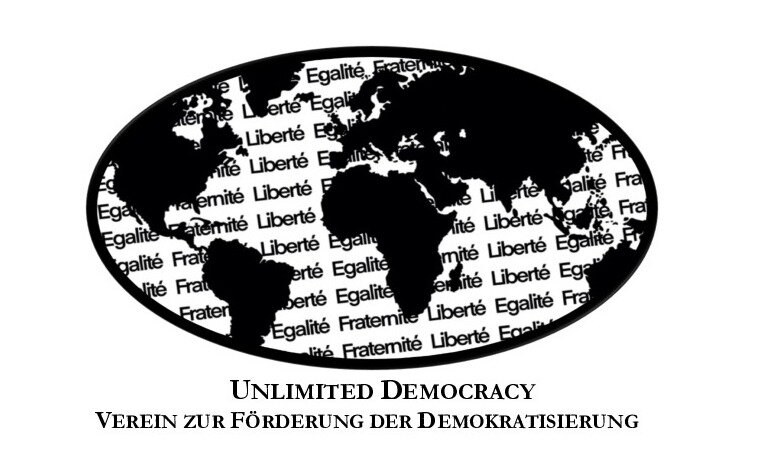23.4 THE INTERNATIONAL BOOK AND COPYRIGHT DAY
Dear readers,
as part of our project "Did you know?" we would love to present you “The International Book and Copyright Day" organized by UNESCO in order to promote reading, publishing, and copyright. Especially in the face of the pandemic, when a lot of us are socially isolated, books help us to expand our horizons, stimulate our minds and creativity. In some countries, the number of books read has doubled.
Our “Unlimited Democracy” Team has prepared a small list with interesting facts. We are curious to hear how many of them you already know, so please let us know in the comments.
Abibliophobia is the fear of running out of reading material.
The world’s smallest printed book is entitled “Flowers of the four seasons” and measures 0.74 x 0.75 mm. There are 22 pages in the book.
Anthropodermic bibliopegy is the term for binding books in human skin. There are actually several books known to be bound in human skin, few of them can be found at the Harvard University Library. Surprisingly, it was mainly doctors who bound these books. There are also several books bound in animal skin.
American President Theodore Roosevelt read one book a day.
1 in 5 adults around the world cannot read or write.
Most expensive book that is commercially available is “Michelangelo. LA Dotta Mano.”, costs €100,000 ($155,000 ) per single edition. It takes 6 months to create each hand made copy and its front cover is made from white marble.
In America, the most banned books are Harry Potter. The apparent reasons are because they promote witchcraft, they set bad examples and are too dark.
“Tsundoku” is a Japanese term means having a lot of books and not reading them.
In 2007, Stephen King was mistaken for a vandal when he started signing books during an unannounced visit to a bookshop in Australia.
Reading for six minutes a day can reduce stress by 68%.
Joseph Conrad, author of Heart of Darkness, avoided reading reviews of his work and instead measured them with a ruler. The longer the review, the better he felt about it.
Source:
1. alpha Dictionary.com: Abibliophobia
https://www.alphadictionary.com/articles/abibliophobia.html
2. Guinness World Records: Smallest book published.
https://www.guinnessworldrecords.de/world-records/67339-smallest-printed-book
3. BBC News: The macabre world of books bound in human skin. 20.06.2014
https://www.bbc.com/news/magazine-27903742
4. Theodore Roosevelt Center: Theodore Roosevelt’s Libraries
5. World Literacy Foundation
https://worldliteracyfoundation.org
6. Guinness World Records: Most expensive book (commercially available).
https://www.guinnessworldrecords.de/world-records/69527-most-expensive-book
7. The New York Times on the web: Harry Potter Tops List of Banned Books. 8.2.2001
https://archive.nytimes.com/www.nytimes.com/books/01/02/04/abim/pw-potter.html
8. BBC News: Tsundoku: The art of buying books and never reading them. 29.07.2018
https://www.bbc.com/news/world-44981013
9. BBC News: Author King ‘mistaken for vandal’. 16.08.2007
http://news.bbc.co.uk/2/hi/entertainment/6949300.stm
10. Akinchina, A.: Can Reading reduce stress? In: World Literacy Foundation.
https://worldliteracyfoundation.org/reading-reduces-stress/
11. Interesting Literature: Five Fascinating Facts about Joseph Conrad.
https://interestingliterature.com/2015/02/five-fascinating-facts-about-joseph-conrad/
